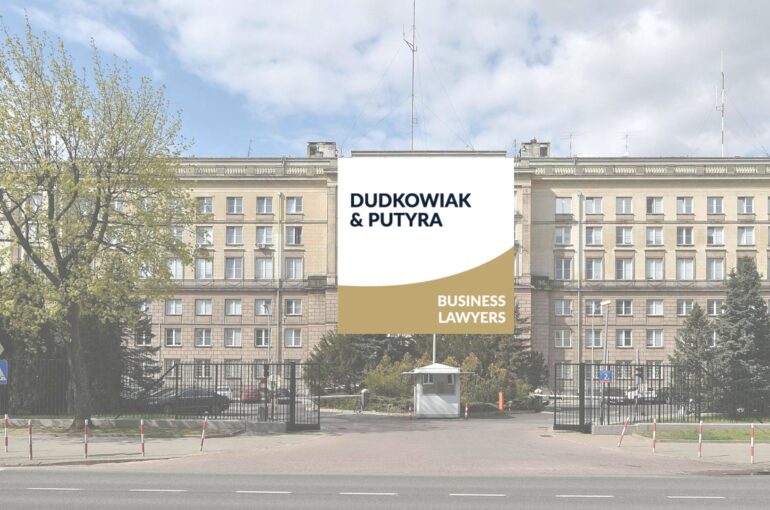Protection of the rights of the performer in the light of the judgment of the Court of Justice of the European Union of November 14, 2019
On November 14, 2019, the CJUE in the Spedidam case, C – 484/18, issued a judgment interpreting the provisions of Articles 2(b) and Articles 3 (2) (a) of Directive 2001/29/EC of the European Parliament and of the Council of May 22, 2001 on the harmonisation of certain aspects of copyright and related rights in the information society (Official Journal of the European Union of 2001, No. 167, p. 10).
In accordance with Article 2(b) of that Directive, Member States shall provide for the exclusive right to authorise or prohibit direct or indirect, temporary or permanent reproduction by any means and in any form, in whole or in part, for performers, in respect of fixations of their performances, of a work by any means and in any form.
Pursuant to Article 3(2)(a) of that Directive, Member States should provide for the exclusive right to authorise or prohibit the making available to the public, by wire or wireless means, of any works so that members of the public may access them, from a place and at a time individually chosen by them, for performers in respect of fixations of their performances.
The abovementioned provisions of Directive 2001/29/EC of the European Parliament and of the Council of May 22, 2001 therefore impose an obligation on Member States to lay down rules which confer on performers the exclusive right to authorise or prohibit specific acts of reproduction or communication to the public of their works in respect of fixations of their performances.
In interpreting these provisions, the Court of Justice has ruled that the protection afforded to performers should be broad in scope, which includes both the existence of rights guaranteed under Articles 2(b) and 3(2)(a) of Directive 2001/29 and the exercise of those rights (cf. judgment Soulier and Doke, C – 301/15).
The CJEU also pointed out that the rights laid down in the legislation under consideration are preventive and that any reproduction or communication to the public of fixations of performances requires the prior consent of performers, subject to the exceptions and limitations set out in Article 5 of the Directive (see Renckhoff judgment, C – 161/17).
Most importantly, however, the Court holds that the legislation at issue does not preclude national legislation under which, in the field of the use of audiovisual archives by an institution designated for that purpose, there is a rebuttable presumption that a performer authorises the fixation and use of his performance when that performer participates in the registration of an audiovisual work for broadcasting purposes.
Consequently, that judgment liberalises the protection afforded to performers under Directive 2001/29 in so far as it permits the adoption of national legislation introducing a presumption of authorisation in the abovementioned factual situation. This presumption is obviously rebuttable and may therefore be rebutted by legal process, but this requires performers (or their successors in title) to provide evidence that no such authorisation has been granted. The weaker party therefore bears the burden of proof in this respect.
Nevertheless, it should be borne in mind that the establishment of such a presumption does not in any way deprive performers of the right to receive remuneration for the use of their works.


